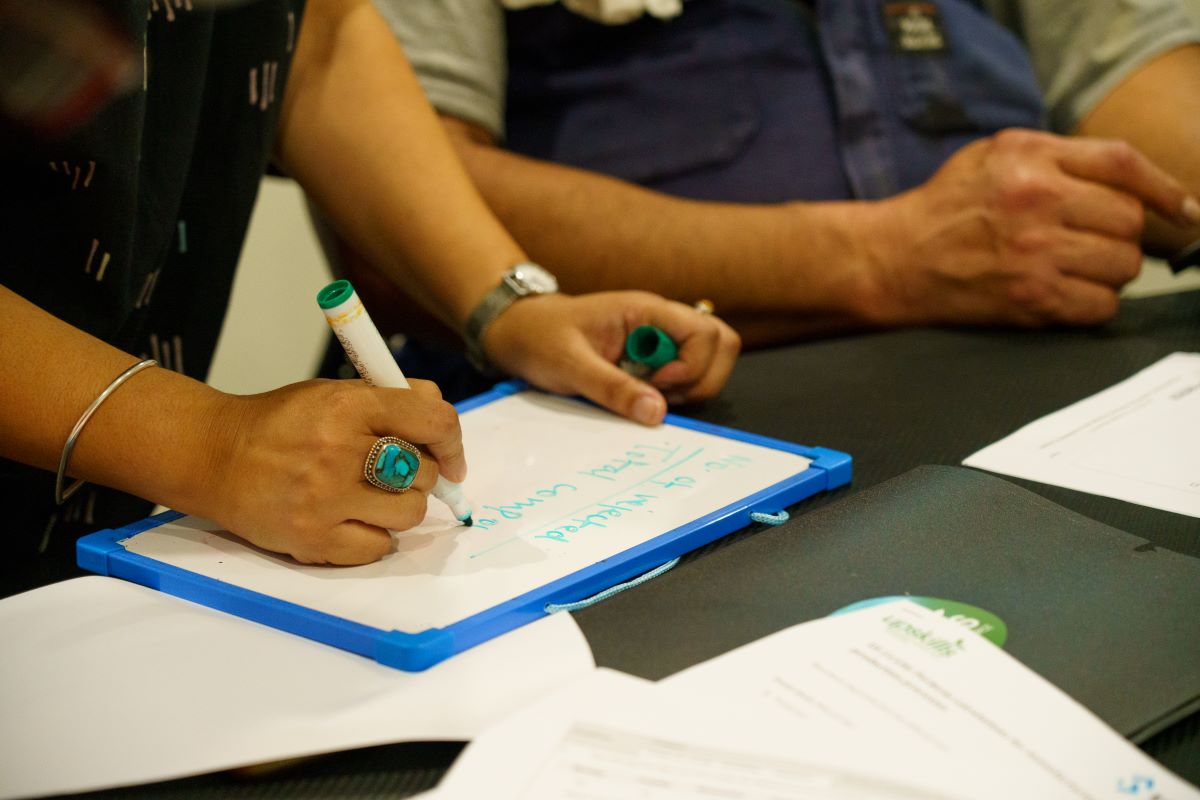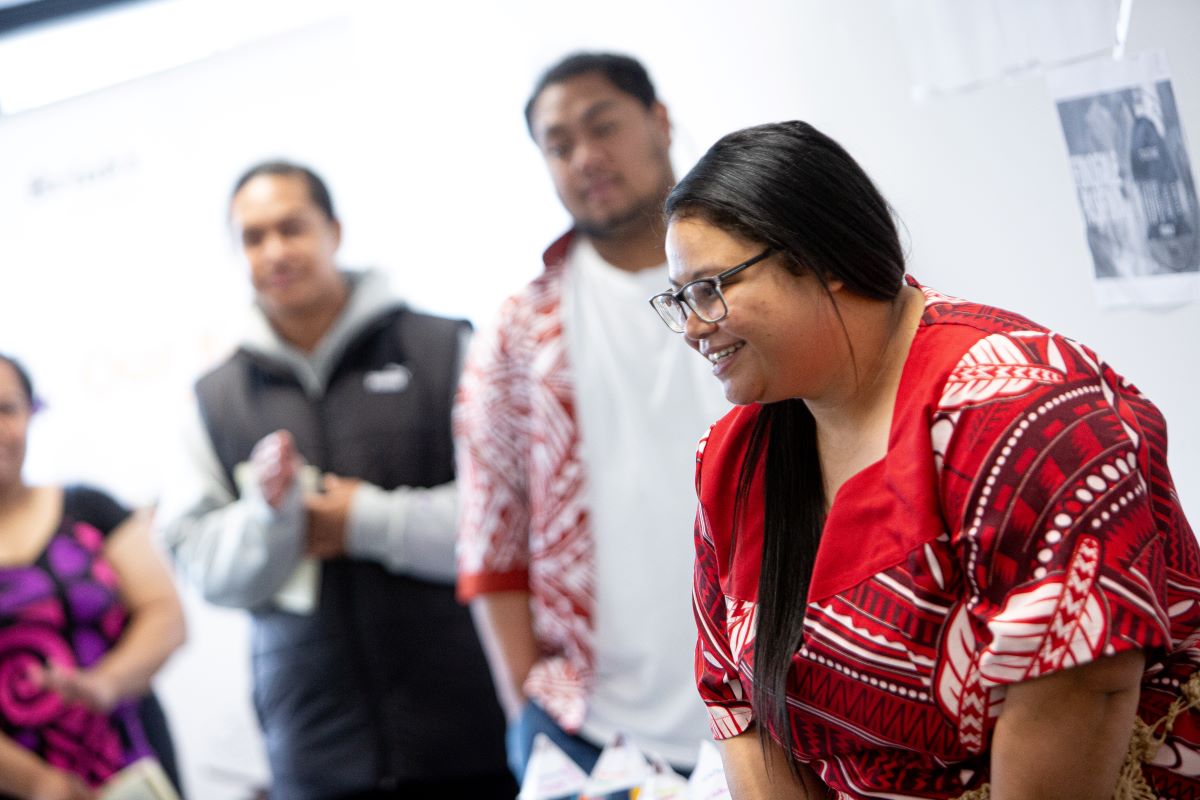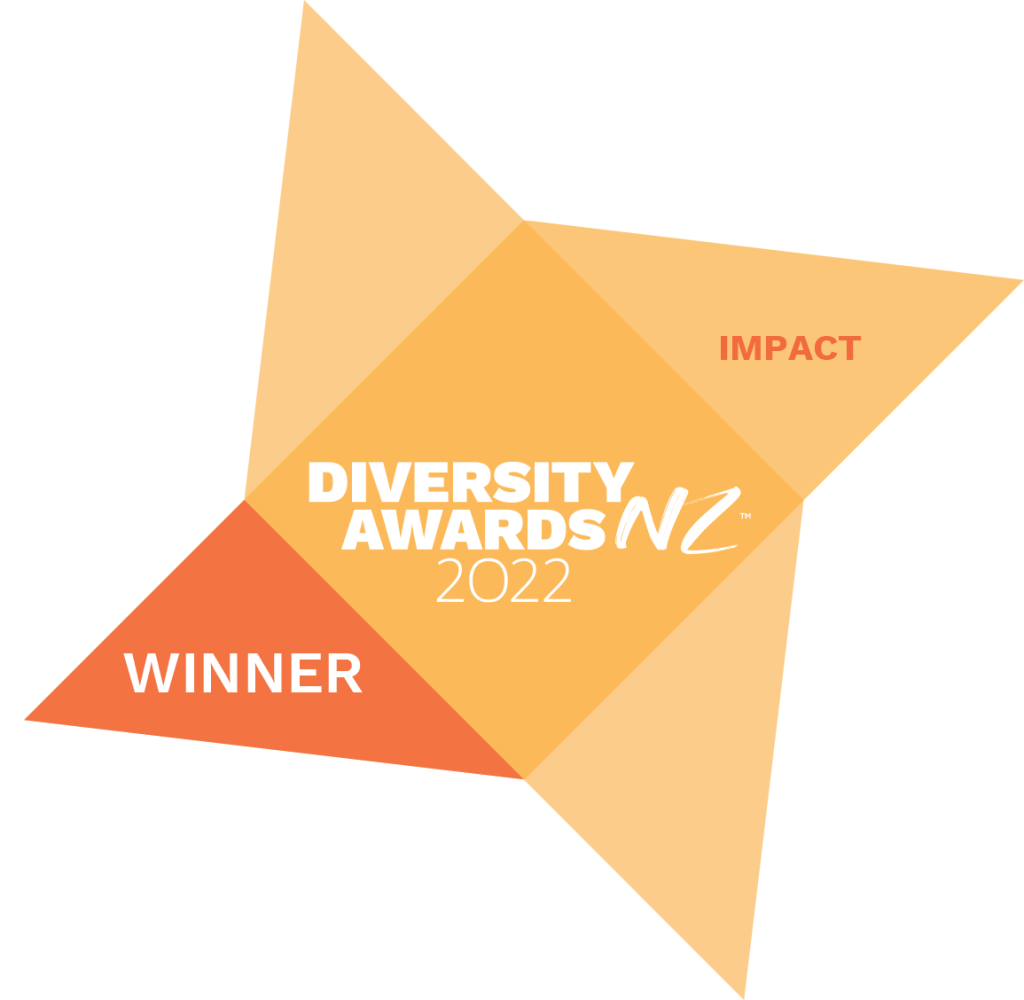
Upskills Programme Manager for Project Ikuna, Tafā Iakopo shares her top 10 tips for financial literacy.
- Set a SMART (Specific, Measurable, Achievable, Relevant and Time-bound) financial goal. Money goals are perfect for the SMART format as they are easily measurable (dollar value) and time-bound.
- Save for a rainy day – have an emergency fund. Make this a savings suffix on your main account and transfer money across automatically each week – even $5 a week can build up over time.
- Have compulsory savings – this is the savings you don’t touch.
- Have a joint account with siblings for faalavelaves. Faalavelave is the Samoan version of an emergency fund as it includes funerals, hospital visits, church openings, church events, family reunions and community events etc. All that giving adds up so it’s a practical idea to share the financial load with aiga.
- Decide – is it a need or want? Make your spending decisions in line with needs and the occasional want.
- Stay in your lane – spend what you have.
- Set a budget and stick to it. Sorted has a great online tool for budgeting that takes the hassle out of this process.
- Shop around for specials and be cautious with hire purchases and Afterpay.
- Sell off items that you no longer need or want – TradeMe, and marketplace are good platforms to sell on.
- Don’t waste food – can you take it for lunch the next day? Or reinvent it for tonight’s dinner! On that note, take a packed lunch to work and school instead of buying it. Less is more when it comes to family catered events – limit portions for less waste.
Money Confidence is one of the courses that we run at work for your Pasifika employees – it’s fully funded and a great way to equip your staff with the gift of financial capability and confidence.
If training face-to-face during Red Traffic Light is challenging, we’ve got a digital kit we can issue your staff with so they can complete the programme online.
Find out about our Project Ikuna Courses
Money Confidence is part of Auckland Unlimited’s Project Ikuna initiative. We offer two Future Ready courses as part of this programme:






